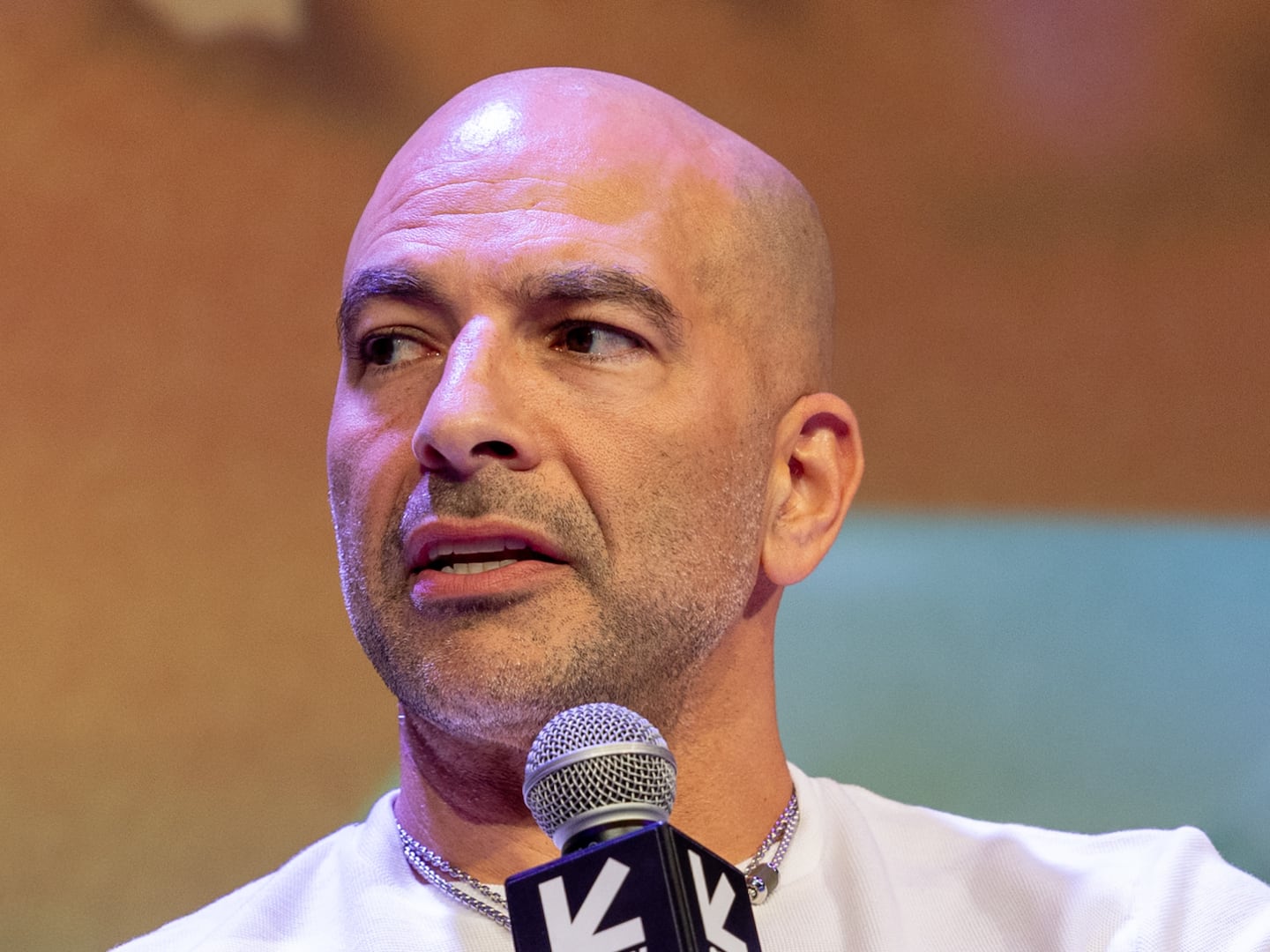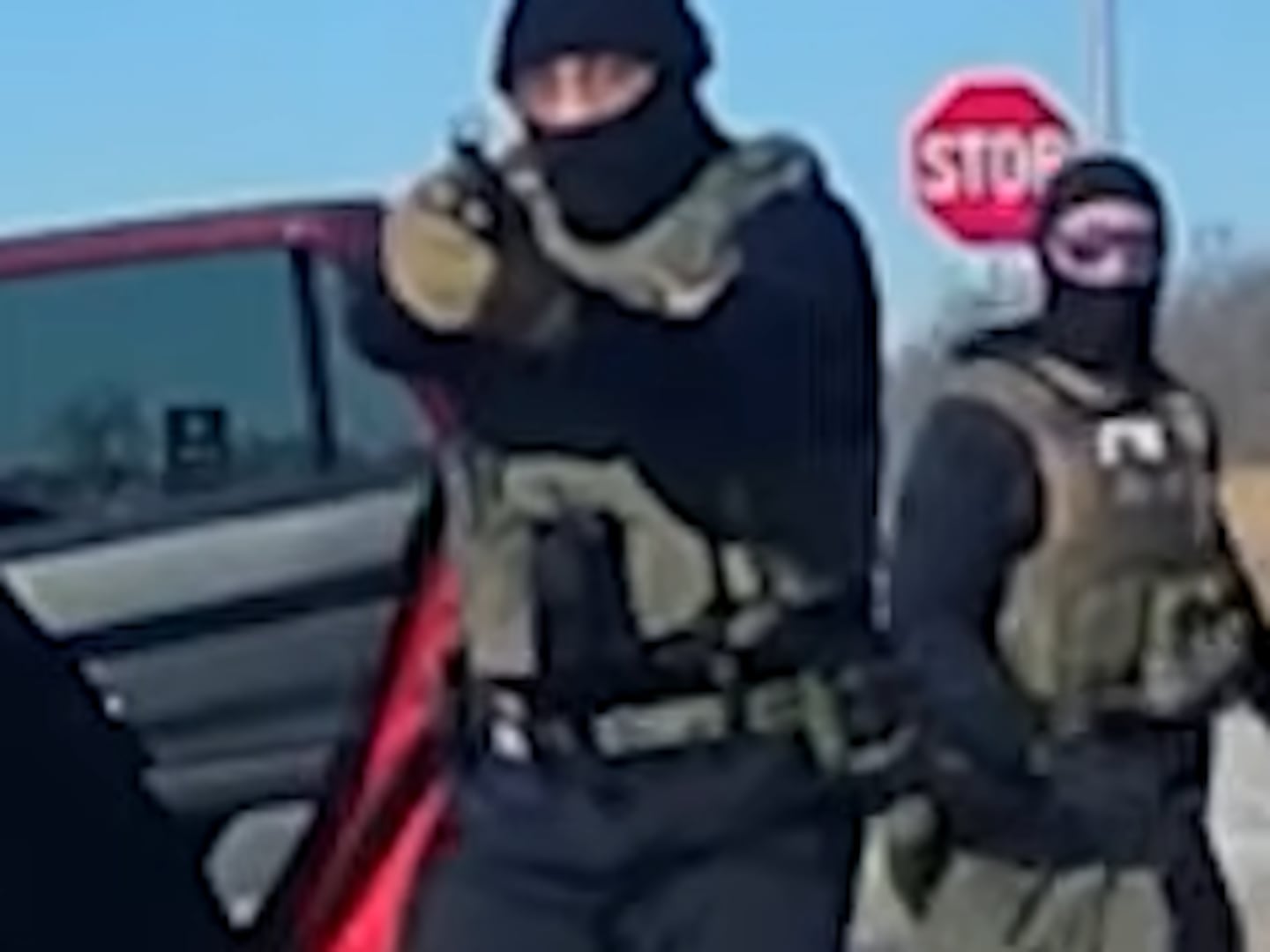Who is Troy Davis?
In 1991, Troy Davis was convicted in the 1989 murder of Mark MacPhail, an off-duty Savannah police officer. MacPhail was shot and killed when he tried to intervene in the beating of a homeless man, Larry Young, in a parking lot. During his trial, several witnesses testified that they’d seen Davis shoot MacPhail; one, Redd Coles, was a friend of Davis’s who had been arguing with Young before the beating began, and who admitted to owning a .38 pistol—the same caliber as casings found at the scene—but said he wasn’t carrying the gun. In addition, two witnesses testified that Davis had confessed to the murder. Although Davis maintained his innocence, it took jurors just two hours to produce a guilty verdict, and another seven to grant the prosecution the death penalty it had requested.
Why is his conviction controversial?
Unlike the recent case of Duane Alan Buck, sentenced to die in part on testimony that he was dangerous because he was black, race isn’t the main issue here (in fact, the jury that convicted Davis included seven black jurors). But there were several serious questions raised about the conviction. For one thing, there was no murder weapon, no DNA, and no other physical evidence that suggested Davis’s guilt. Seven of the nine eyewitnesses have recanted their testimony against him, including several who said they had given it after being threatened with hard time by the police. That leaves only two witnesses, but one of them could be crucially flawed: Coles has stuck to his story—but several witnesses claim to have heard Coles confess to the murder. Davis’s defenders have also claimed that his attorneys during the original trial failed to provide effective counsel.
What appeals has he made?
It’s been a lengthy and complicated legal road. Because capital cases are automatically appealed, Davis’s case went directly to the state Supreme Court, where his lawyers attacked jury selection, the trial site, and the quality of defense rendered by the original team. The court upheld the conviction and sentence, so Davis appealed to the U.S. Supreme Court, which declined to hear his appeal. To put it in the simplest form, courts ruled that objections about witnesses and evidence ought to have been brought up earlier in the process, and that the conviction could be reopened only if there was "no doubt of any kind" that the testimony on which Davis was convicted was fatally flawed. In 2007 an execution date was set, but the Georgia parole board issued a 90-day stay. Once again, however, the Georgia Supreme Court denied Davis’s latest appeal. Another execution date was set in 2008; it was stayed as the U.S. Supreme Court decided whether to hear an appeal arguing that lower courts hadn’t given a fair hearing to the question of recanted testimony, but the court ultimately denied Davis’s petition and a new date was set.

Once again, Davis’s lawyers appealed. In 2009 a panel of judges rejected the appeal, saying that if Davis hadn’t proved his innocence yet, he was unlikely to do so. But on an appeal to the U.S. Supreme Court, Justices Stevens, Ginsburg, and Breyer ordered a court to actually consider the evidence. “The substantial risk of putting an innocent man to death clearly provides an adequate justification for holding an evidentiary hearing,” Stevens wrote. A court did, but it didn’t buy Davis’s claims. Judge William Moore in particular took issue with Davis’s lawyers’ decision not to call Coles to the stand—a fact they attributed to problems serving a subpoena—saying that without Coles having a chance to respond to allegations that he had confessed, those claims were hearsay. A Supreme Court appeal of that decision was unsuccessful, so another execution date was set for Sept. 21. On the last day of his life, his lawyers attempted to petition the Georgia Superior Court and the Georgia Supreme Court to allow a polygraph test, but both courts denied the plea. Davis had been scheduled to be put to death at 7 p.m., but his execution was delayed several hours after the U.S. Supreme Court agreed to review the case to see if it was worthy of a stay of execution. Shortly after 10 p.m. the high court refused to block the execution, and Davis was sent to the execution chamber. He was pronounced dead at 11:08 p.m.
Who was advocating on his behalf?
An impressive array of people has spoken out on behalf of Davis, arguing that Georgia is likely to execute an innocent man. Among the most high profile are Nobel Peace Prize winners Archbishop Desmond Tutu and former president Jimmy Carter, as well as Pope Benedict XVI, who appealed to then-governor Sonny Perdue to grant Davis clemency. Organizations including Amnesty International, the NAACP, and the European Parliament have spoken out. Former FBI director William Sessions has been one of the most outspoken, saying too many doubts have arisen for Davis’s execution to go forward. As Davis’s final hour approached, he became something of a cause célèbre for celebrities like P. Diddy and Mia Farrow. And hundreds of thousands of people signed a petition on his behalf.






